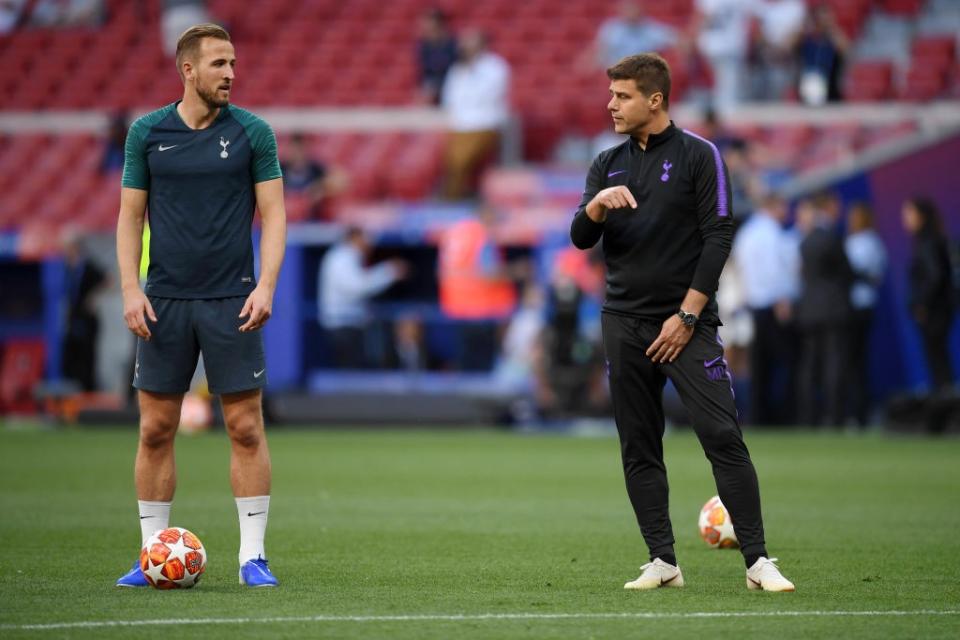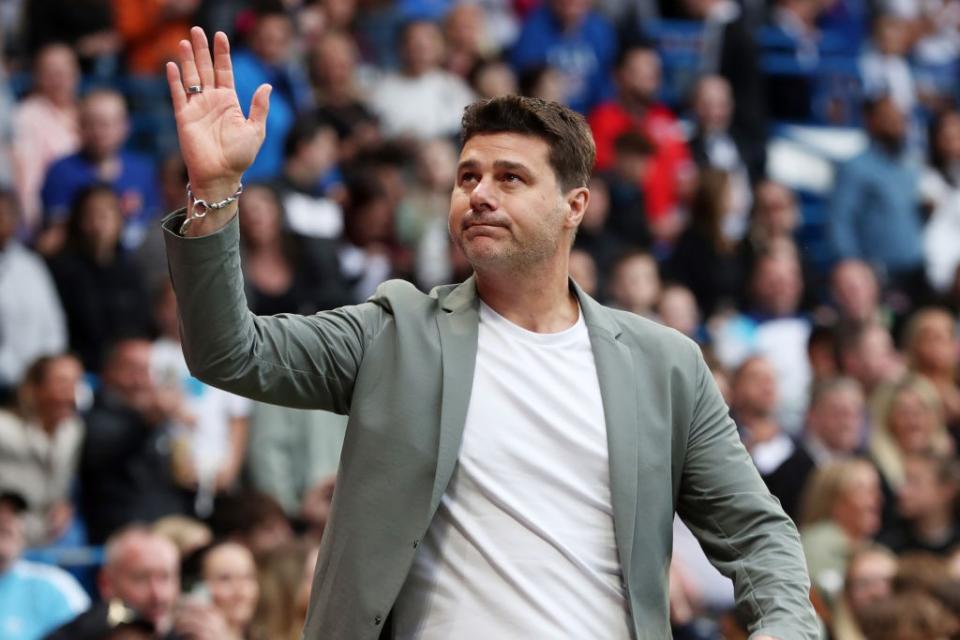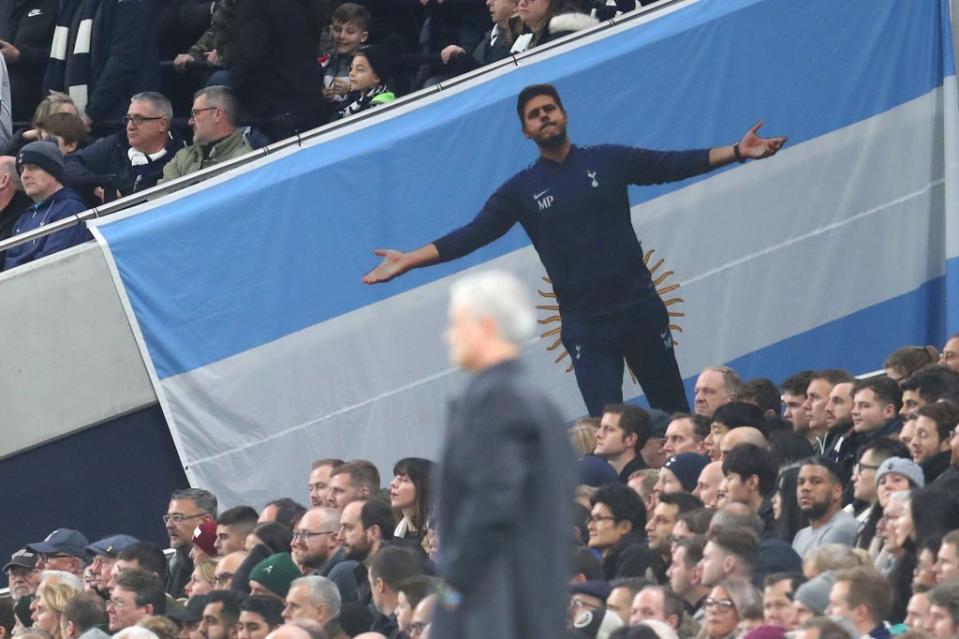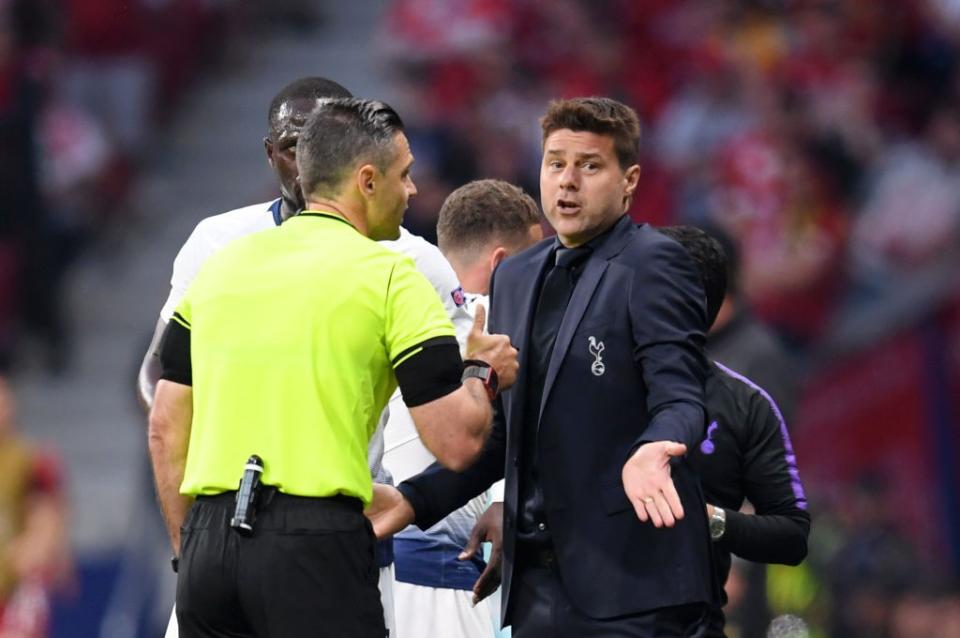


He’s here, and he’s beautiful. The United States finally have their big name coach, and although Mauricio Pochettino has plenty of work to do before we see the fruits of his labor, we can finally start picking through the pros and cons of the hire.

While he may not have an overflowing trophy cabinet, Pochettino’s teams have become synonymous with exceeding expectations set upon them. At Southampton, he took a recently-promoted team to a top-10 finish in the Premier League, winning 15 games in that campaign to achieve the club’s best finish in nearly a decade.
After being rewarded for that season with a big move to Tottenham, Pochettino began to build the team he became most known for. While Spurs had hovered in and around the European places before the Argentine took over, the London outfit became serial top-four finishers, and even made it all the way to the Champions League final, knocking out the likes of Manchester City along the way.
The United States, and all other mid-tier international sides, are constantly looking to punch above their weight in major tournaments, for that is where they can earn success. If Pochettino’s past can show us anything, it is that he can give a boost to teams looking to take the next step up.


Many people doubted the idea that U.S. Soccer could go after a big-name, European-based manager, but the hiring of Pochettino has revealed a new level of ambition from the decision makers in the federation.
After rumors spilled out that U.S. Soccer was potentially closing in on hiring LAFC manager Steve Cherundolo, fans and pundits alike shared in the worry that the next era would look eerily similar to that of Gregg Berhalter.
But with Pochettino coming to town, the man in the dugout will now match many of the players on the pitch in being experienced competing for trophies at the highest level in Europe. Culture comes from the top, and Pochettino should bring a classier, more familiar culture to American soccer fans.
Speaking after the United States’ 1-1 draw with New Zealand, skipper Christian Pulisic was quick to lay out his hopes for that very change.
“There’s a lot of things that need to change,” he said. “Just the mentality & the culture of the group, we have the quality. Hopefully that’s the first thing he wants to change”


As outlined above, this is a spectacular hire for U.S. Soccer, but you can’t look past the fact that Pochettino has not worked in international management yet in his career.
The daily grind of club football is well suited to managers who look to install new cultures and traditions within a program, but we’ve yet to see if Pochettino can make those necessary changes when only being able to work with his players in sporadic international breaks.
To make matters worse, the United States won’t have much competition to help blood in their new boss before the 2026 World Cup on home soil. If anything, the time to bring in the coach of future was after the World Cup in Qatar given the USMNT’s involvement in Copa América 2024.


Ambition is one thing, winning trophies is another. And for Mauricio Pochettino, the latter is not a habit that he has developed in his managerial career.
At Tottenham, the Argentine coach finished with zero trophies despite reaching a Champions League final and being mid-season favorites in numerous Premier League title races.
At PSG, Pochettino was at the helm when a PSG side boasting the likes of Lionel Messi, Neymar, and Kylian Mbappé somehow failed to win the Ligue 1 title.
Of course the trophies on offer for the United States Men’s National Team will vary in prestige, but a serial winner is not what they have brought in, despite the words of U.S. Soccer executives.